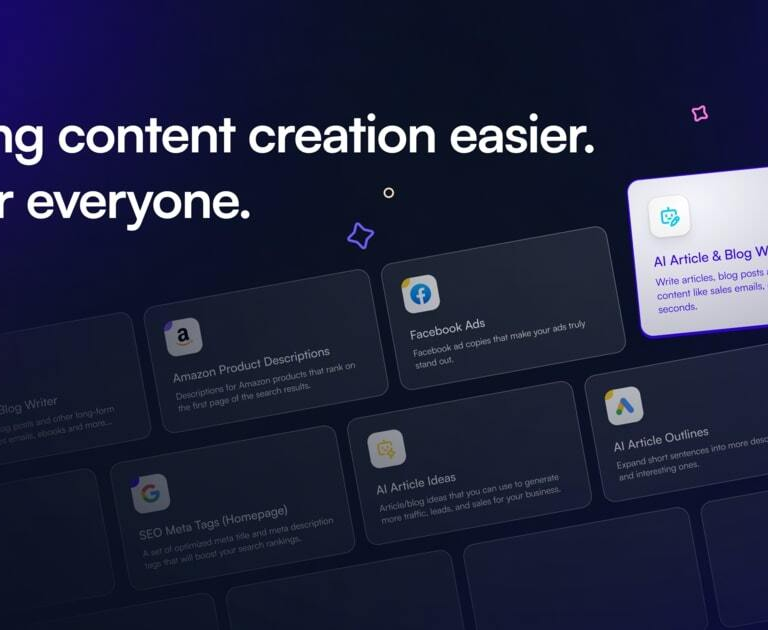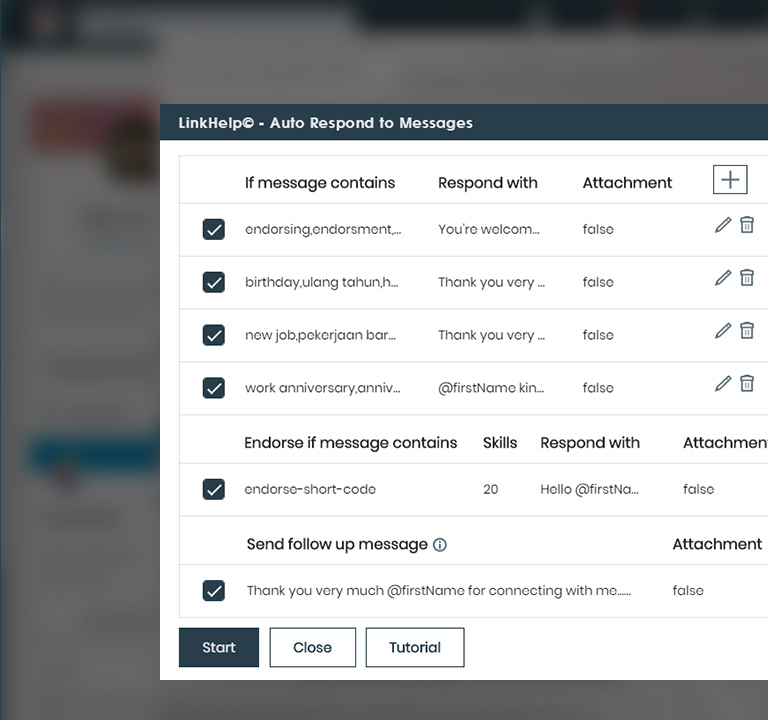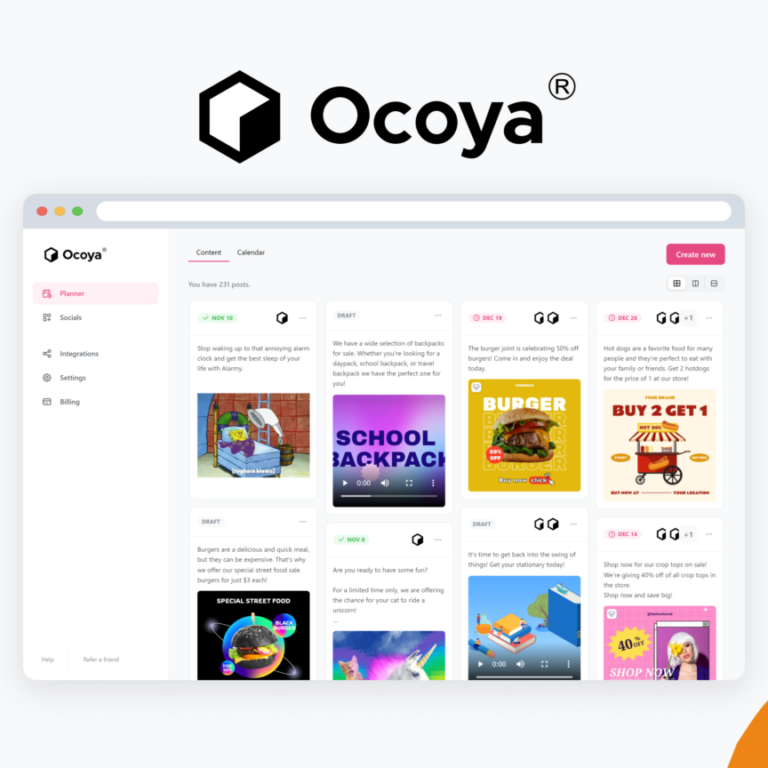
In today’s fast-paced world, healthcare is evolving at a rapid pace, and small clinics are at the forefront of this transformation. With the integration of Artificial Intelligence (AI) technology, these clinics are revolutionizing patient care, enhancing efficiency, and improving outcomes. In this article, we’ll explore how small clinics are embracing AI to provide better patient care.
Introduction: The Role of AI in Healthcare
AI, once confined to the realm of science fiction, is now a reality in healthcare. It encompasses a range of technologies that enable machines to perform tasks that typically require human intelligence, such as learning, reasoning, and problem-solving. In the context of small clinics, AI holds tremendous potential to streamline processes, optimize resource allocation, and ultimately, improve patient care.
1. Enhancing Diagnostic Accuracy
AI-powered diagnostic tools are transforming the way healthcare professionals identify and treat medical conditions.
- Machine Learning Algorithms: These algorithms analyze vast amounts of patient data to identify patterns and make accurate predictions. For example, AI-enabled imaging technology can detect anomalies in medical images with high precision, aiding in the early detection of diseases such as cancer.
- Natural Language Processing (NLP): NLP algorithms can analyze unstructured data from patient records, including notes and transcripts, to extract valuable insights. This capability enables healthcare providers to make more informed decisions and personalize treatment plans based on individual patient needs.
2. Optimizing Treatment Plans
AI-driven decision support systems help healthcare providers deliver personalized treatment plans and improve patient outcomes.
- Predictive Analytics: By analyzing patient data, AI algorithms can predict the likelihood of specific outcomes, such as readmission or complications. This information empowers clinicians to intervene proactively and adjust treatment plans accordingly, reducing the risk of adverse events.
- Precision Medicine: AI enables the customization of treatment strategies based on individual patient characteristics, such as genetic makeup, lifestyle factors, and medical history. This approach maximizes treatment efficacy while minimizing side effects, leading to better patient outcomes.
3. Improving Operational Efficiency
AI-powered solutions streamline administrative tasks, optimize workflow processes, and enhance resource allocation in small clinics.
- Automated Scheduling: AI-driven scheduling systems can optimize appointment scheduling, taking into account factors such as patient preferences, clinician availability, and clinic capacity. This reduces wait times, minimizes no-shows, and improves overall patient satisfaction.
- Predictive Maintenance: AI algorithms can analyze equipment performance data to predict potential failures before they occur. By scheduling preventive maintenance tasks proactively, clinics can minimize downtime, ensure equipment reliability, and maintain high standards of patient care.
4. Enhancing Patient Engagement
AI-powered tools empower patients to take an active role in their healthcare journey, leading to better health outcomes and increased satisfaction.
- Virtual Health Assistants: Chatbots and virtual assistants powered by AI technology can provide patients with personalized health information, answer common questions, and assist with appointment scheduling. These tools enhance accessibility, convenience, and patient engagement, ultimately improving health literacy and adherence to treatment plans.
- Remote Monitoring: Wearable devices equipped with AI algorithms enable continuous monitoring of vital signs and health metrics outside the clinical setting. This real-time data allows healthcare providers to track patient progress, detect early warning signs, and intervene promptly when necessary, leading to better management of chronic conditions and reduced hospital admissions.
FAQ: Addressing Common Concerns
Q: Is AI replacing healthcare professionals?
A: No, AI is not replacing healthcare professionals but rather augmenting their capabilities. While AI can automate certain tasks and enhance decision-making, human expertise and empathy remain essential in delivering quality patient care.
Q: Is AI secure and compliant with patient privacy regulations?
A: Yes, AI-powered healthcare solutions adhere to stringent security and privacy standards, such as HIPAA (Health Insurance Portability and Accountability Act) in the United States. Patient data is encrypted, stored securely, and accessed only by authorized personnel to ensure confidentiality and compliance with regulatory requirements.
Q: How can small clinics afford AI technology?
A: Many AI solutions offer flexible pricing models, including subscription-based plans and pay-per-use options, making them accessible to small clinics with limited budgets. Additionally, government grants and funding programs may be available to support the adoption of AI technology in healthcare settings.
Conclusion: Embracing the Future of Healthcare
In conclusion, AI is poised to revolutionize healthcare delivery, and small clinics are embracing this transformative technology to enhance patient care. By leveraging AI-powered diagnostic tools, decision support systems, and patient engagement solutions, these clinics are improving diagnostic accuracy, optimizing treatment plans, enhancing operational efficiency, and empowering patients to take control of their health. As AI continues to evolve and integrate into clinical practice, small clinics will play a crucial role in driving innovation and delivering high-quality, patient-centered care in the digital age.






